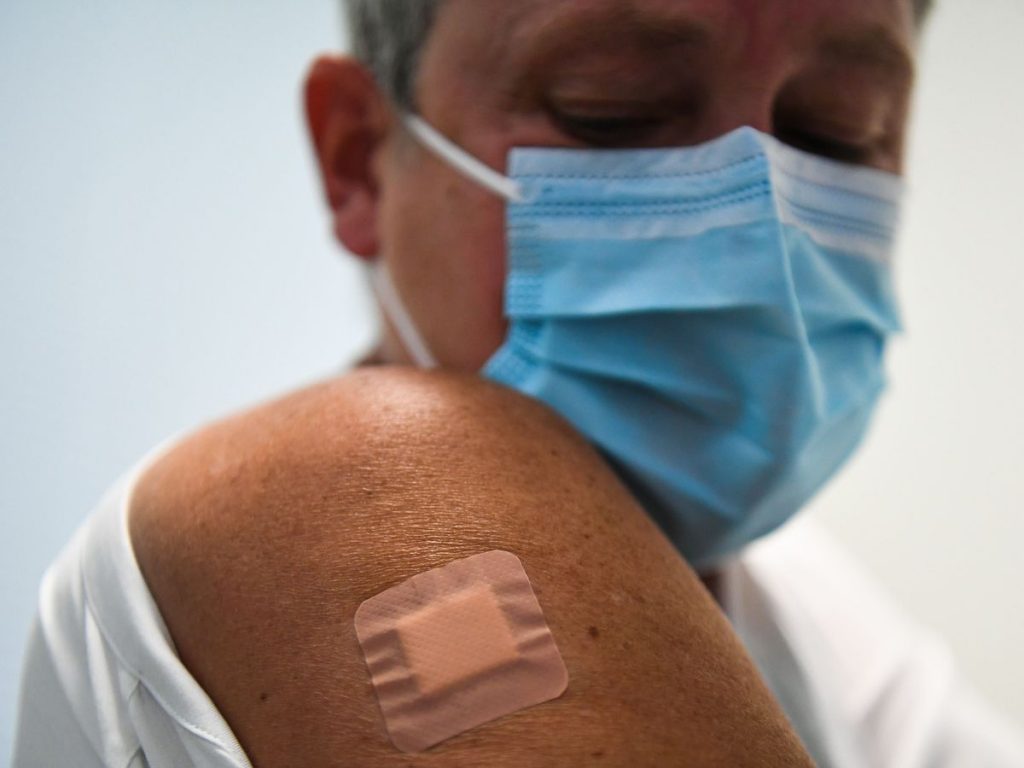Over 2 billion people worldwide have been fully vaccinated against COVID-19. Many people in resource-poor nations, on the other hand, have been unable to get vaccines, owing in part to a lack of temperature-controlled shipping and storage facilities.
According to a study published in ACS Nano, researchers have produced a microneedle patch that delivers a COVID-19 DNA vaccine into the skin, generating high innate immunity in cells and mice. Furthermore, the patch can be kept at room temperature for up to 30 days.
By far, the FDA has approved three vaccines for use during the COVID-19 pandemic: one protein-based vaccine and two RNA-based vaccines. They should all be maintained chilled or frozen, limiting their availability to remote or resource-limited areas. A healthcare provider must also inject the vaccinations into a muscle.
As immune cells are not generally found in muscles, scientists have looked into various methods for getting vaccines into the skin, which has a large number of antigen-presenting cells (APCs) and hence may induce a stronger immune response. Hui Li, Guangjun Nie, Hai Wang, and colleagues set out to develop a microneedle patch that effectively distributes a COVID-19 vaccine beneath the skin, resulting in powerful and long-lasting immunity without the need for a cold chain or painful injections.
The vaccine was created using DNA rather than RNA or protein since DNA is easier to produce. In addition, it is more stable. In clinical trials, however, the efficacy of intramuscular DNA vaccines has been limited because, unlike RNA or protein, DNA must make its way inside the cell nucleus to function. Therefore, the researchers compelled that injecting the vaccine into APC-rich skin rather than muscle would improve the likelihood of the DNA reaching the nucleus of an APC.
The researchers developed their delivery system by affixing DNA sequences encoding the SARS-CoV-2 spike protein or the nucleocapsid protein to the surface of non-toxic nanoparticles. The nanoparticles contained a chemical that aids in the stimulation of an immune response. The researchers then applied the vaccination nanoparticles to a microneedle patch. The little rectangular patch has 100 biodegradable microneedles that are less than one-tenth the thickness of a bee’s stinger and can puncture the skin’s outer layer without causing pain.
When tested in mice, the spike-protein-encoding microneedle patch evoked powerful antibody and T-cell responses with no obvious adverse effects. The researchers believe the vaccine patches could be a valuable tool for developing COVID-19 vaccines with worldwide accessibility because they can be kept at room temperature for at least 30 days without losing efficacy.
Source: acs.org

